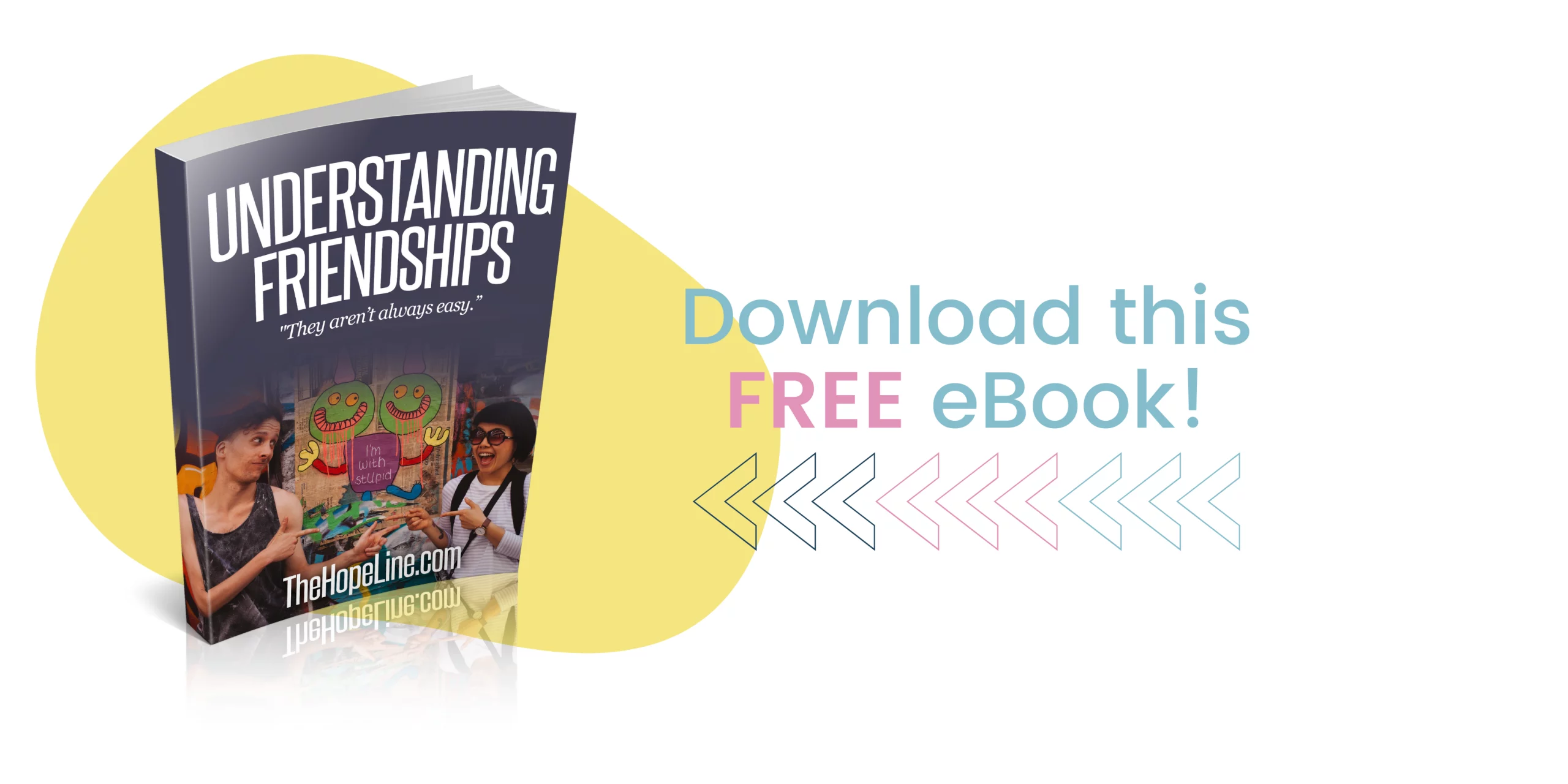Friends with benefits. This concept is nothing new, but I just have to wonder how it's working out for people. I mean, who really benefits? Is it a 50/50 benefit? What is the actual BENEFIT? Can there be friends with benefits and still friends after the benefits are gone? Can someone have sex, even casual sex, without it affecting them emotionally, spiritually, physically, etc?
Your comments have helped me better understand the entire issue. After all I've heard on my show and read in your comments, it's worth talking about.
What's Wrong With Friends With Benefits?
So, what are friends with benefits?
Here's one definition I found: A friend with benefits is a casual relationship between two people who engage in sex without demanding or expecting a more committed, romantic relationship.
Other ways to define "friends with benefits"
It's sex with a friend...
- With no strings attached.
- Just for fun.
- Without romantic drama.
- Whenever you want it.
- Without emotional attachment.
One student described "friends with benefits" like this, "You know, you go out on a date - dinner and a movie sometimes. You know, just as friends. And then afterward, there are the benefits. It's like a drug almost. You know where you can get it and you know where you can get it CHEAP. And that's where you go."
Hmmm...It is "like a drug" and it is "cheap". Those are not words I would use to describe a friendship that is mutually rewarding and beneficial.
Christina gave a female's perspective of what she thought "friends with benefits" are, "I am currently in a friends with benefits thing, but it's more like we're casual sex partners. I wasn't sure it was possible, because I tend to get really attached, but managed to stay distant."
Again, "casual" and "distant" don't describe a meaningful relationship with healthy benefits.
Why Do People Want "Friends with Benefits"?
No Commitment
There are some people who are fearful of a committed relationship. To them, commitment is something scary. Maybe they have been abandoned in the past or hurt by someone they committed themselves to and so now they are afraid to trust anyone again. Because of their fear they miss out on a truly meaningful relationship. You can read more about abandonment issues here.
Fear of Rejection
There are many people who are afraid of being rejected. This is especially true in romantic relationships. Some people have been rejected by parents or bullies at school. These people are very cautious about relationships. Jennifer explained it well, "I think a lot of people have friends with benefits instead of relationships because they don't want to get close to anyone for fear of getting hurt."
It's A Drug
Physiologically the act of sex causes a chemical reaction in the brain that is similar to a drug effect. God designed this to happen during sex so that within a committed relationship two people would be drawn together for life. When it is used casually it becomes a dangerous and unhealthy addiction rather than a relationship.
Does Meaningless Sex Exist?
It is easy to see why so many people might think they want a "friend with benefits" experience. They think it is just the fun with none of the emotional, caring stuff attached.
However, the reality is sex is never meaningless. It is impossible to connect with someone through sex without your heart being involved at some level...even if it is to harden your heart. So, in the end you walk away from a friend with benefits relationship with a temporary "fix", but completely unfulfilled or even deeply hurt.
Why would you do this to yourself? You deserve more from a relationship and you can have it. Stop treating yourself like you are not worth a commitment. Perhaps it is time to deal with the real issue, which is healing from past experiences and relationships.
For more on sex and dating frequently asked questions, read this blog next.




I one left to help, just pretty websites that show me the world I miss